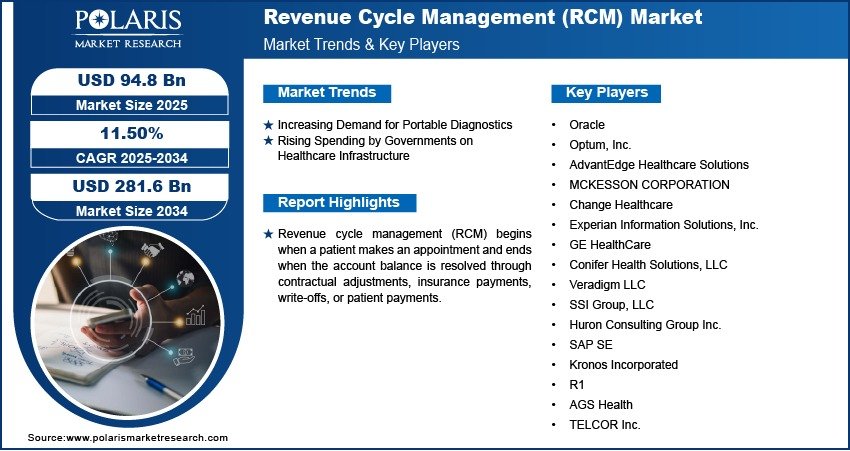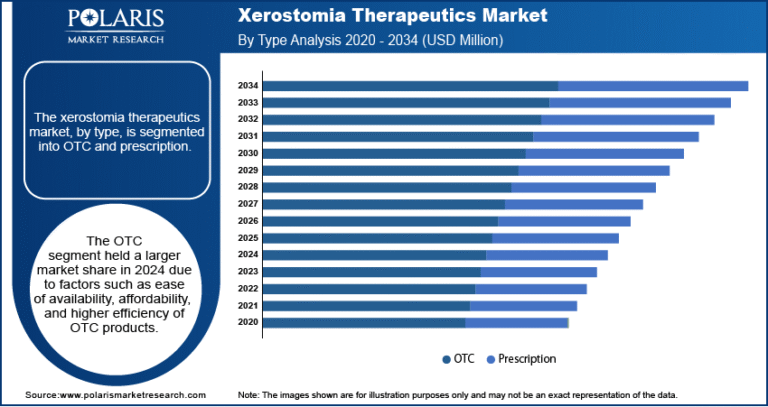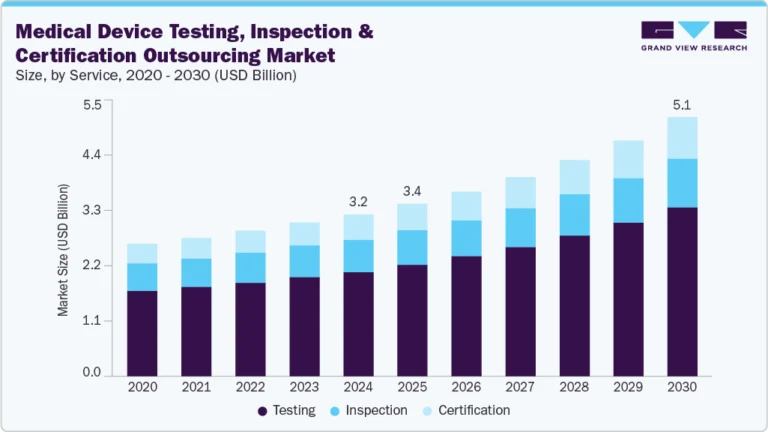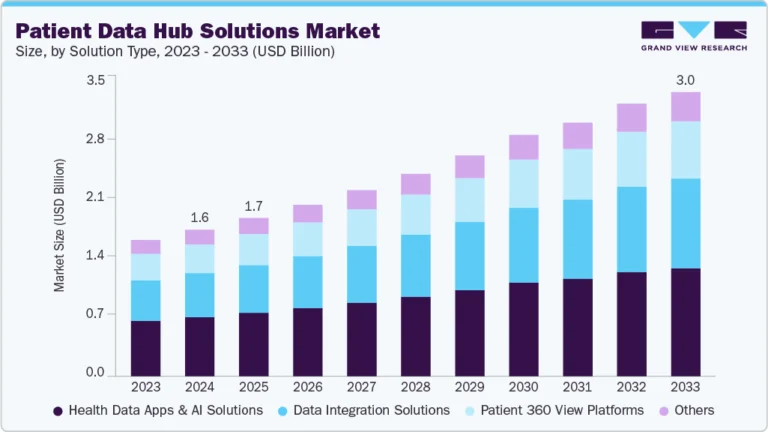Revenue Cycle Management Market Size Projected to Reach USD 281.6 Billion by 2034 | CAGR: 11.50%

The global revenue cycle management market was valued at USD 85.1 billion in 2024 and is projected to grow at a CAGR of 11.50% from 2025 to 2034. This growth is driven by the increasing need for streamlined healthcare billing processes and the growing adoption of automation in medical administration.
Key Market Trends
Rising Demand from Healthcare Providers
- Hospitals, physician groups, and diagnostic labs increasingly adopt RCM solutions to streamline claims processing, billing, and payment collection, ensuring better financial performance.
Shift Toward Cloud-Based RCM
- There is a growing preference for cloud-based platforms over on-premise systems due to scalability, cost-efficiency, remote access, and easier integration with EHR/EMR systems.
Integration of AI and Automation
- AI, machine learning, and robotic process automation (RPA) are being integrated to enhance denial management, predictive analytics, real-time eligibility verification, and coding accuracy.
Growing Complexity of Reimbursement Models
- Transition from fee-for-service to value-based care is driving the need for more intelligent and adaptive RCM systems that support outcome-based reimbursements.
Regulatory Pressure and Compliance Challenges
- Evolving healthcare regulations, coding standards (e.g., ICD-11), and payer rules require RCM systems to be constantly updated and compliant, influencing purchasing decisions.
Surge in Patient-Centric RCM Solutions
- Patients now expect transparency in billing, online portals, and flexible payment options—leading to increased adoption of consumer-friendly RCM tools.
Market Size & Forecast
Market Size Value in 2024 USD – 85.1 billion
Market Size Value in 2025 USD – 94.8 billion
Revenue Forecast by 2034 USD – 281.6 billion
CAGR – 11.50 % from 2025 to 2034
Request for Free Sample:
Industry Overview:
The revenue cycle management (RCM) market refers to the combination of administrative and clinical functions that healthcare providers use to track patient care episodes from registration and appointment scheduling to final payment of a balance. RCM solutions streamline billing processes, claims management, eligibility verification, and revenue generation through integrated software platforms. These systems are crucial for hospitals, clinics, and private practices seeking to enhance financial efficiency, reduce claim denials, and ensure compliance with evolving healthcare regulations. As digital transformation reshapes the healthcare industry, demand for advanced RCM solutions continues to rise globally.
Key Market Drivers & Barriers:
A major driver of the RCM market is the increasing need for cost containment and operational efficiency in healthcare amid rising patient volumes and complex reimbursement models. The shift toward value-based care, growing adoption of electronic health records (EHRs), and regulatory mandates such as ICD-10 and HIPAA compliance also fuel market growth. However, high implementation costs and integration challenges with legacy systems can deter small and mid-sized healthcare providers from adopting advanced RCM solutions. Data security concerns, interoperability issues, and a shortage of skilled professionals further hinder widespread adoption across certain regions.
Market Opportunity:
The RCM market presents significant opportunities in the expansion of cloud-based and AI-powered solutions that offer real-time analytics, predictive modeling, and automation of manual tasks. Telehealth growth has also created new demand for integrated RCM tools tailored to virtual care billing and remote patient monitoring services. Emerging markets in Asia-Pacific, Latin America, and Africa offer untapped potential due to ongoing healthcare digitization efforts and government initiatives aimed at improving medical infrastructure. With continued innovation and strategic partnerships between healthcare IT vendors and payers, the RCM market is poised for strong growth across both developed and developing healthcare ecosystems.





